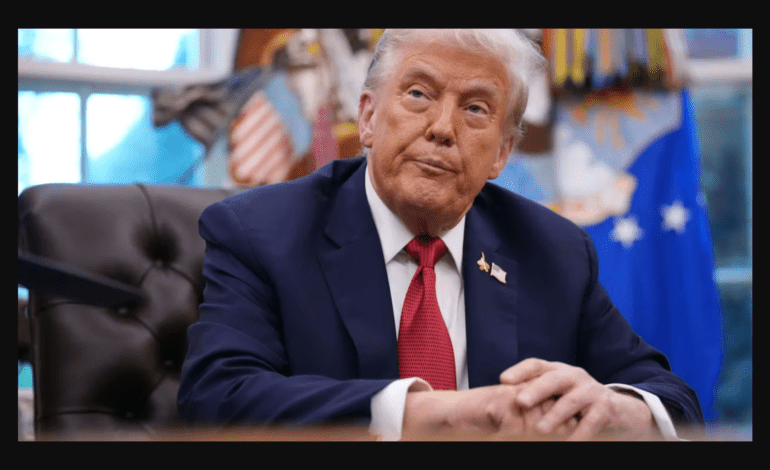
Trump lifts tariffs on key food imports; Indian mango, tea and spice exporters poised to gain
U.S. President Donald Trump has rolled back tariffs on a range of food imports in an effort to address rising grocery prices—an issue that has become increasingly influential in American politics. The move is expected to benefit several Indian export categories, including mangoes, pomegranates, tea, and spices, according to a White House announcement on Friday.
Tropical fruits, juices, tea, and spices were among the items exempted from reciprocal tariffs. The White House fact sheet also listed coffee, cocoa, oranges, tomatoes, and beef as categories spared from tariff increases. The exemption marks a notable shift from Trump’s earlier trade actions, which included a 25 percent reciprocal tariff on Indian imports and an additional 25 percent punitive tariff tied to India’s purchase of Russian oil.
The administration’s decision is largely driven by efforts to combat inflation and address voter concerns about rising prices. Trump had already exempted generic medicines from tariffs to help keep healthcare costs down, a move that boosted India—which supplies nearly half of all generic drugs prescribed in the United States.
Food inflation, however, has remained a prominent issue. Importers and retailers often passed on tariff-related cost increases to consumers, driving up prices in grocery stores. The September Consumer Price Index showed sharp increases in several categories: roasted coffee was up 18.9 percent, while beef and veal rose 14.7 percent. Indian grocery stores reported a roughly 30 percent rise in the prices of imported spices and food products.
The political implications of rising costs have become increasingly evident. In recent elections across New York City, New Jersey, and Virginia, Democrats centered their campaigns on “affordability,” arguing that everyday expenses were straining household budgets—a message that resonated with voters. A recent NBC News poll found that 63 percent of registered voters felt Trump had not met expectations on managing cost of living and the broader economy, with even 30 percent of Republicans agreeing.
Trump has dismissed these concerns as a “complete con job” by Democrats, pointing instead to lower gasoline prices and the significantly higher inflation experienced during Joe Biden’s presidency, which peaked at 19.7 percent. Although inflation has since moderated to 3 percent as of September, food prices remain stubbornly high.
India’s mango and pomegranate exports hold symbolic value in the bilateral relationship. After former President George W. Bush lifted the mango import ban in 2006, the fruit became a recurring diplomatic reference point. During Trump’s visit to India, mangoes were even mentioned in the joint statement with Prime Minister Narendra Modi, highlighting America’s openness to expanding Indian agricultural exports.